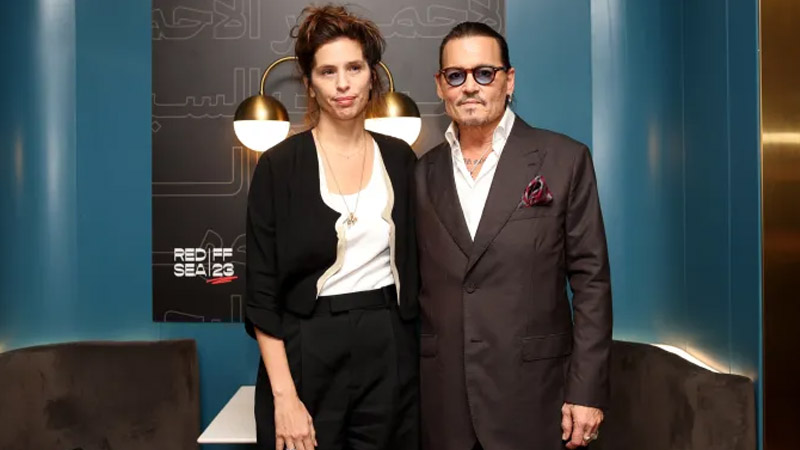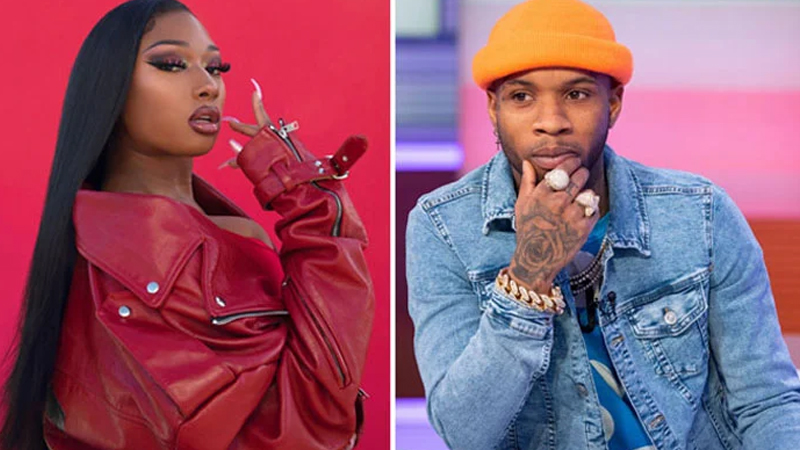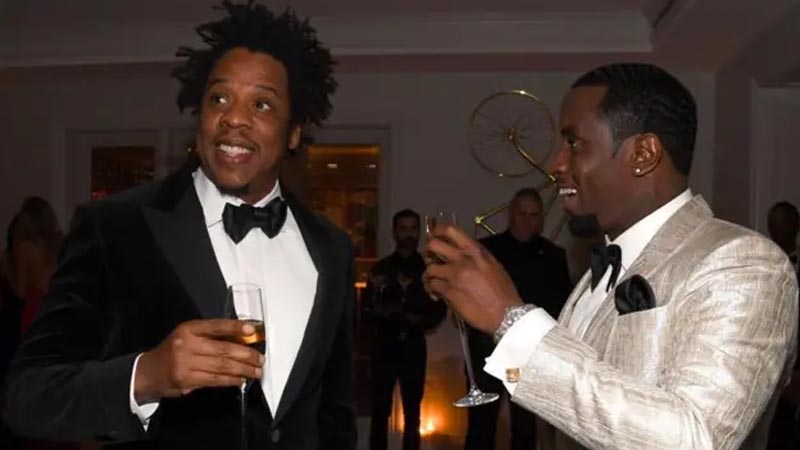Maïwenn expresses frustration over ‘scary’ misleading interview about Johnny Depp

(Getty Images)
Maïwenn, a renowned filmmaker, recently found herself in the midst of a misunderstanding following the publication of an interview that misrepresented her comments about Johnny Depp, the leading actor in her latest film. The controversy began when a headline suggested that Depp’s behavior on set was causing fear among the crew—a claim that Maïwenn has since vehemently denied.
The director clarified her remarks, emphasizing that her original statement was taken out of context and sensationalized by the media. According to Maïwenn, her use of the term “scared” was intended to describe Depp’s imposing screen presence and celebrity rather than any negative behavior. She pointed out that Depp’s behavior on set was professional and that his interactions with crew members were entirely appropriate and respectful.
During the interview, Jeanne du Barry’s director stated with The Independent, “I have to be honest. It’s difficult to shoot with him… all the crew were scared because he has a different kind of humor, and we didn’t know if he was going to be on time, or if he was going to be ok to say his lines.” She continued, “I mean, even if he was there on set, on time, the crew were afraid of him.”
However, Maïwenn issued a clarification to Variety, explaining that her comments about Depp being “scary” were in reference to his immense charisma and star status. In a statement to Variety, Maïwenn said, “When I made a remark about Johnny being ‘scary,’ I was talking about his charisma, his notoriety, his star status, etc. I was shocked when I discovered that the newspaper had headlined that the crew was afraid of Johnny, and without its context and subtleties, it absolutely no longer means the same thing.”
She clarified. “I should have used the word ‘impressive’ if I had known the writer Charlotte O’Sullivan would use my words in such a malicious way.”
Maïwenn expressed her disappointment over how her words were twisted to craft a narrative that implied misconduct or intimidation on Depp’s part. She stressed that her comment about the crew being “scared” was in fact a reference to Depp’s overwhelming charisma and the awe it inspires, not fear in the conventional sense.
In her statement to Variety, Maïwenn elaborated on her intent, explaining that her remark about Johnny being “scary” referred to his “charisma, his notoriety, his star status,” and other aspects of his larger-than-life persona that might naturally intimidate those not accustomed to working with such high-profile figures. She lamented that the original interview’s headline, “The crew were afraid of Johnny Depp,” was a gross misinterpretation of her message.
This clarification comes as an important reminder of the impact that media headlines can have on public perception, especially regarding celebrities whose reputations are often at the mercy of sensational journalism. Maïwenn’s attempt to set the record straight highlights her respect for Depp as an actor and her commitment to maintaining an accurate portrayal of events.
The filmmaker’s insistence on correcting the record underscores the complexities of communication in the media and the potential repercussions of misinterpreted statements. It also reflects the challenges faced by public figures in controlling how their words and actions are perceived by the public.
As the situation unfolds, it serves as a case study of the importance of journalistic integrity and the need for clear communication. Maïwenn’s efforts to amend the narrative show her dedication not only to her craft but also to ensuring that her professional environment is understood to be supportive and respectful, free from unwarranted fear or discomfort.


